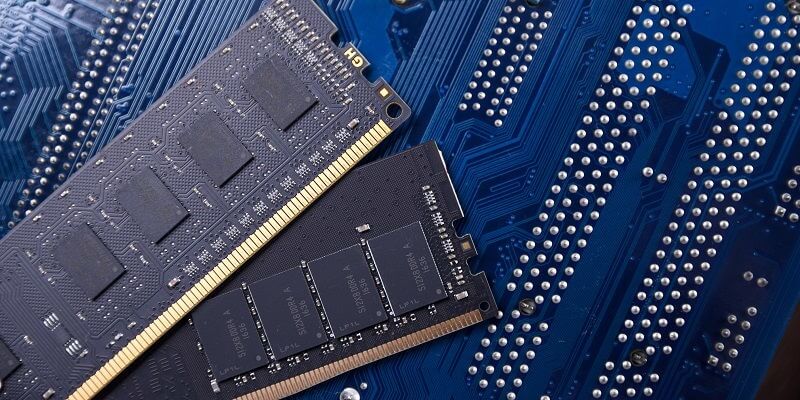The demand for faster and more efficient processing capabilities in artificial intelligence (AI) and machine learning (ML) workloads has led the Israeli startup, UniFabriX, to develop a groundbreaking solution. Their aim is to provide multi-core CPUs with the memory and memory bandwidth required to handle compute- and memory-intensive tasks. Leveraging the power of CXL (Compute Express Link), an industry-supported interconnect for processors, memory expansion, and accelerators, UniFabriX’s technology promises to significantly enhance performance and efficiency for a wide range of applications.
Technology Overview
At the heart of UniFabriX’s innovation lies the Smart Memory Node, a revolutionary concept that redefines memory resource utilization. Housed within a compact 2RU chassis, the Smart Memory Node features a staggering 32TB of DDR5 DRAM. By acting as a resource pool, these high-capacity nodes enable servers to tap into additional memory, capacity, or bandwidth when they run out.
Benefits of Resource Sharing
One of the key advantages of UniFabriX’s approach is resource sharing within a cluster. By allowing servers to draw from a centralized pool of memory resources, numerous benefits emerge. Firstly, this facilitates a significant reduction in energy consumption compared to traditional setups. Additionally, the physical footprint required for memory expansion is minimized, leading to space savings within data centers. Moreover, the flexibility of resource allocation enables dynamic adjustments based on workload requirements, maximizing operational efficiency.
Cost Savings
UniFabriX recognizes that memory costs play a substantial role in server expenses, accounting for approximately 50% of total costs. With their Smart Memory Node, UniFabriX has set out to optimize memory utilization, reducing the need for excessive memory modules in individual servers. By effectively pooling and sharing memory resources, UniFabriX’s technology promises significant cost savings for organizations.
Scalability for Cloud Service Providers
Cloud service providers stand to benefit immensely from UniFabriX’s innovative approach. The Smart Memory Node boasts exceptional scalability, enabling cloud providers to double the number of servers on a rack. This increased density not only optimizes resource utilization but also enhances data center efficiency by maximizing the number of virtual machines that can be hosted.
Improved Throughput
One of the most exciting aspects of UniFabriX’s technology is its ability to enhance throughput without necessitating an increase in CPU capacity. This translates into substantial cost savings, as organizations can avoid the need for additional expensive CPUs and associated software licensing fees. Sectors such as high-performance computing (HPC), AI, ML, and in-memory database management systems, which heavily rely on processing power, stand to benefit immensely from UniFabriX’s solution.
UniFabriX’s Smart Memory Node has undergone extensive testing and has demonstrated exceptional performance improvements. In benchmark tests using the High Performance Conjugate Gradients (HPCG) benchmark, all CPU cores were fully utilized, resulting in significant speed enhancements. These results emphasize the effectiveness of UniFabriX’s technology in enabling optimal resource allocation and utilization.
Addressing Memory Bandwidth Issues
While the Smart Memory Node may have slightly slower access speeds compared to local DRAM modules, UniFabriX’s technology effectively measures and addresses issues associated with limited memory bandwidth. By dynamically provisioning additional bandwidth to the socket, UniFabriX ensures that the memory bottleneck is mitigated, thereby maximizing the overall system performance.
UniFabriX firmly believes that their technology, based on the open standard of CXL, marks a pivotal milestone in the architecture of compute and data center infrastructures. They anticipate that their solution will unlock new disruptive applications and substantial market opportunities across diverse industries. As organizations increasingly rely on AI and ML workloads, UniFabriX’s groundbreaking innovation has the potential to revolutionize memory and memory bandwidth utilization, ensuring optimal performance and cost savings.

